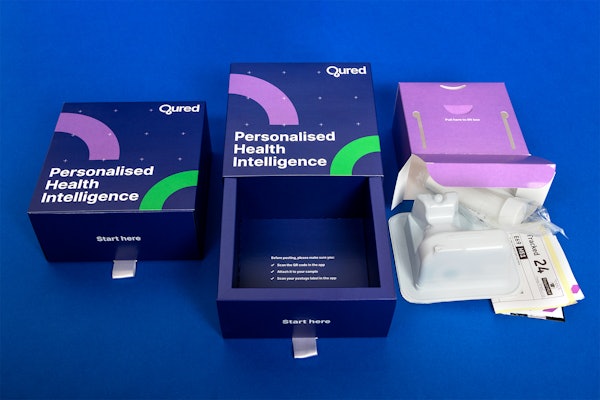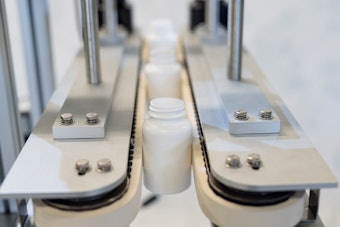Calling it a "serious global health threat," the National Institutes of Health has awarded more than $11 million in first-year funding for nine research projects supporting enhanced diagnostics to rapidly detect antimicrobial-resistant bacteria.
“Antimicrobial resistance is a serious global health threat that is undermining our ability to effectively detect, treat and prevent infections,” said National Institute of Allergy and Infectious Diseases Director Anthony S. Fauci, M.D. “One way we can combat drug resistance is by developing enhanced diagnostic tests that rapidly identify the bacteria causing an infection and their susceptibility to various antimicrobials."
The current process for diagnosing some bacterial infections can take up to three days and requires patient samples to be sent to labs where the suspected bacteria is cultured, or grown in a special medium. To make this process more rapid and efficient, diagnostic tools developed by these institutions must provide results in three hours or less and be culture-independent
As organisms adapt to the drugs designed to kill them, the drugs become less effective. Each year in the United States, more than 2 million people develop antibiotic-resistant infections and at least 23,000 people die as a result, according to the U.S. Centers for Disease Control and Prevention.






















